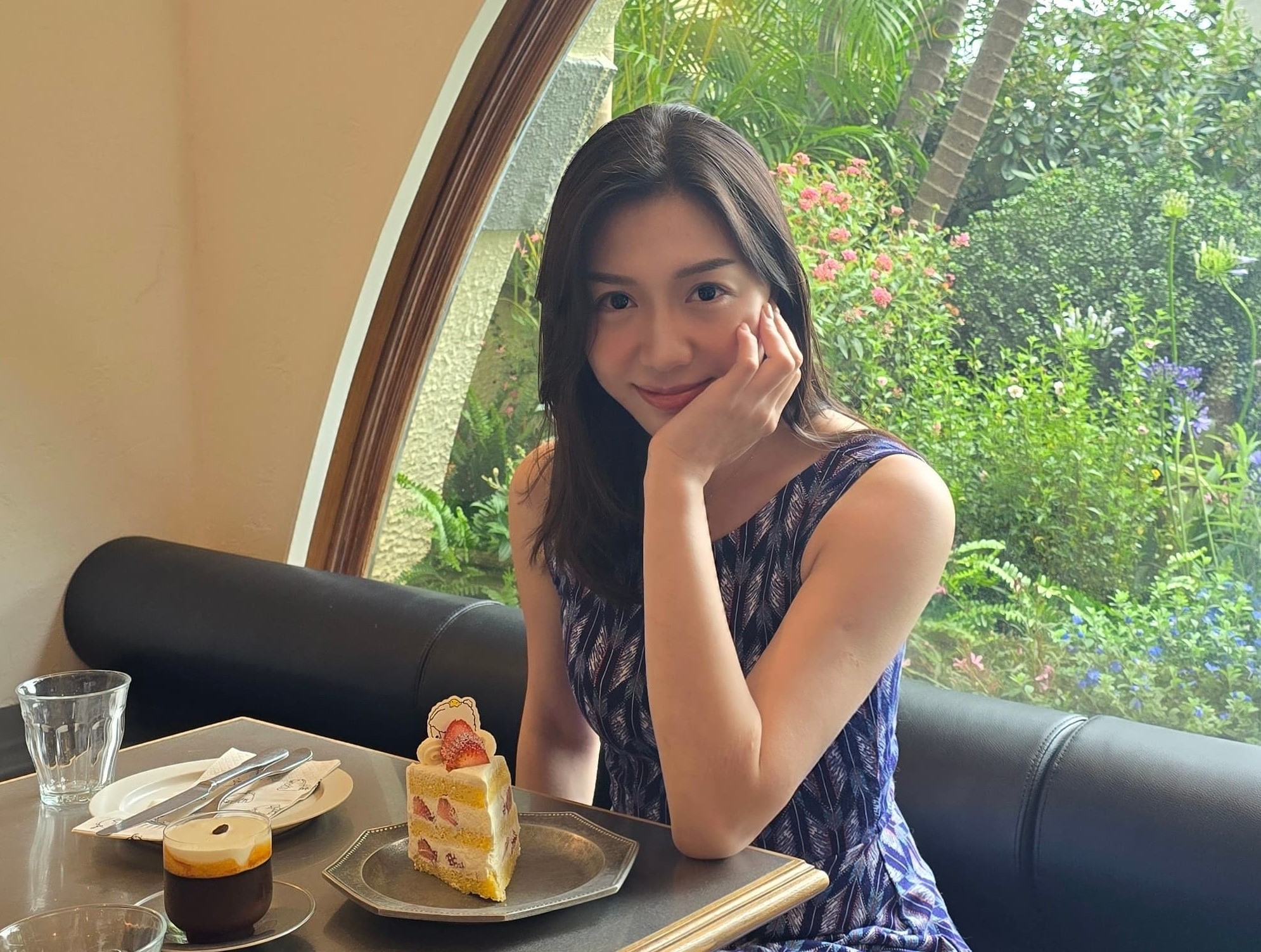Taxing times
Having worked in industry and for the government, Giselle Ng has got to grips with taxation from both sides of the fence
Tentative first steps
Giselle Ng might be a Tax Consultant at the conglomerate John Swire & Sons, who previously spent over five years working at the Inland Revenue Department of the Hong Kong government – but she says it’s a surprise she even ended up as an accountant in the first place.
She studied for a BBA with a major in applied economics at Hong Kong Baptist University, graduating in 2013. But as she admits: “I studied basic accounting there but I got very bad results. I never thought I would become an accountant.”
Her interest in the career was sparked when she stayed in Canada after graduation, where she has family, and undertook an internship at the local real estate company Dava Developments. “It was my first experience in an accounting-related field,” she says. “I thought I hated accounting but it turned out that I didn’t.”
She decided, she adds, that after earning an academic degree that did not have a direct path to a career, she would be best served by entering an industry that required a professional qualification, making accountancy an attractive choice. Plus, like many people, she believed it would be a stable job.
Following graduation, she initially worked as an auditor at the local CPA firm Chan Chak Chung & Co. “I truly appreciated that Chan Chak Chung would consider hiring me even though I knew absolutely nothing about audit and taxation. In that role, it was the first time I had done something in-depth in accounting.
“I got the most job satisfaction from preparing tax related replies to the IRD. I found myself thinking: what would I write if I were the officer drafting this letter? I realized that I might be more interested in tax than audit, although audit was my primary responsibility. In auditing, there are established procedures to follow, whereas in taxation, each case has its own differences. There’s a law, regulation or ordinance, and you have the flexibility to express your interpretation that may apply to your client’s case. And you have to do this with every case.”
Steep learning curve
Deciding to switch from audit to taxation, she quit her job in 2017 and applied for various tax-related positions. She initially moved into a new, broad-based role as an internal accountant at chemicals company Honour Chem Products. However she received an offer from the IRD for a position a few months later, and accepted it without hesitation. For her first two years there, she worked in the IRD’s Profits Tax Unit.
Having primarily worked in the CPA world before that, she found herself in a very different environment. “To be honest, not many skills from my previous roles were transferrable. In the CPA firm, tax was a minor part of the job. I really had to open my eyes and learn about profits tax in depth. When I first started, I felt like my knowledge was lacking. I was dealing with a lot of different industries, from construction to charitable organizations, that I’d never encountered before. Fortunately, my colleagues were very willing to teach and help me.”
She later moved to the department’s Tax Treaty Section, where she worked as an Assistant Assessor, managing comprehensive double taxation agreements, liaising with overseas tax authorities and handling queries from the public. This experience was valuable, allowing her to study tax systems outside Hong Kong for the first time, she says, which also helped her improve her English writing skills.
After taking a one-year conversion course, as her degree was not in accounting, she started studying for the Qualification Programme (QP) in 2016 and completed it in 2018.
“QP was the most direct path for me to gain my qualification,” she says. “I attended two full-day workshops before the examination of every module, which were very helpful. The facilitators were seasoned accountants who provided insights based on their real life application of what we were learning.”
Since then, she has also gone on to study for a Master of Professional Accounting at The Hong Kong Polytechnic University.
After leaving the IRD, she gained her first experience in the commercial sector, taking a wide-ranging role as a tax consultant with Swire, a company with interests ranging from aviation to property to drinks.
“I truly love my job at Swire,” she says. “Not many companies in Hong Kong have an in-house taxation department, and the culture there is very nice. It has broadened my understanding of taxation across different divisions. The scale is comparable to the companies I encountered at the IRD, but with much more depth. I find it really interesting working to protect the company’s interests while complying with the law. I’ve also been able to use my tax knowledge in some M&A and restructuring projects, applying what I learned in the QP. With the QP, you’re always asking: what are the tax implications if I do this? I have to consider that all the time.”
Next comes her biggest adventure of all: an imminent move to Canada, where she’s already a permanent resident, and where she has recently acquired a professional qualification. While she is uncertain about her future job there, you can be pretty confident it will be in taxation.
Interview and reporting by Richard Lord






